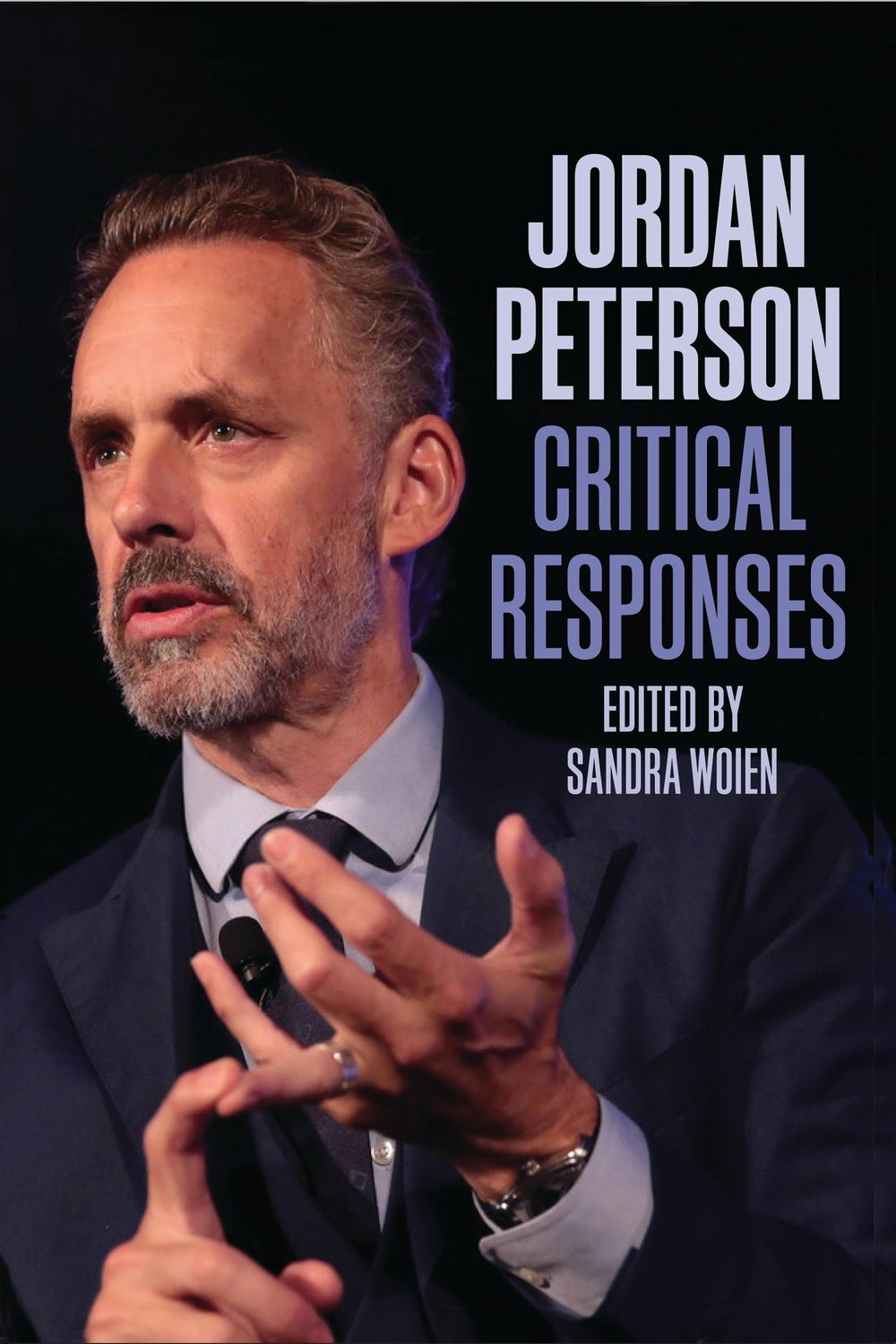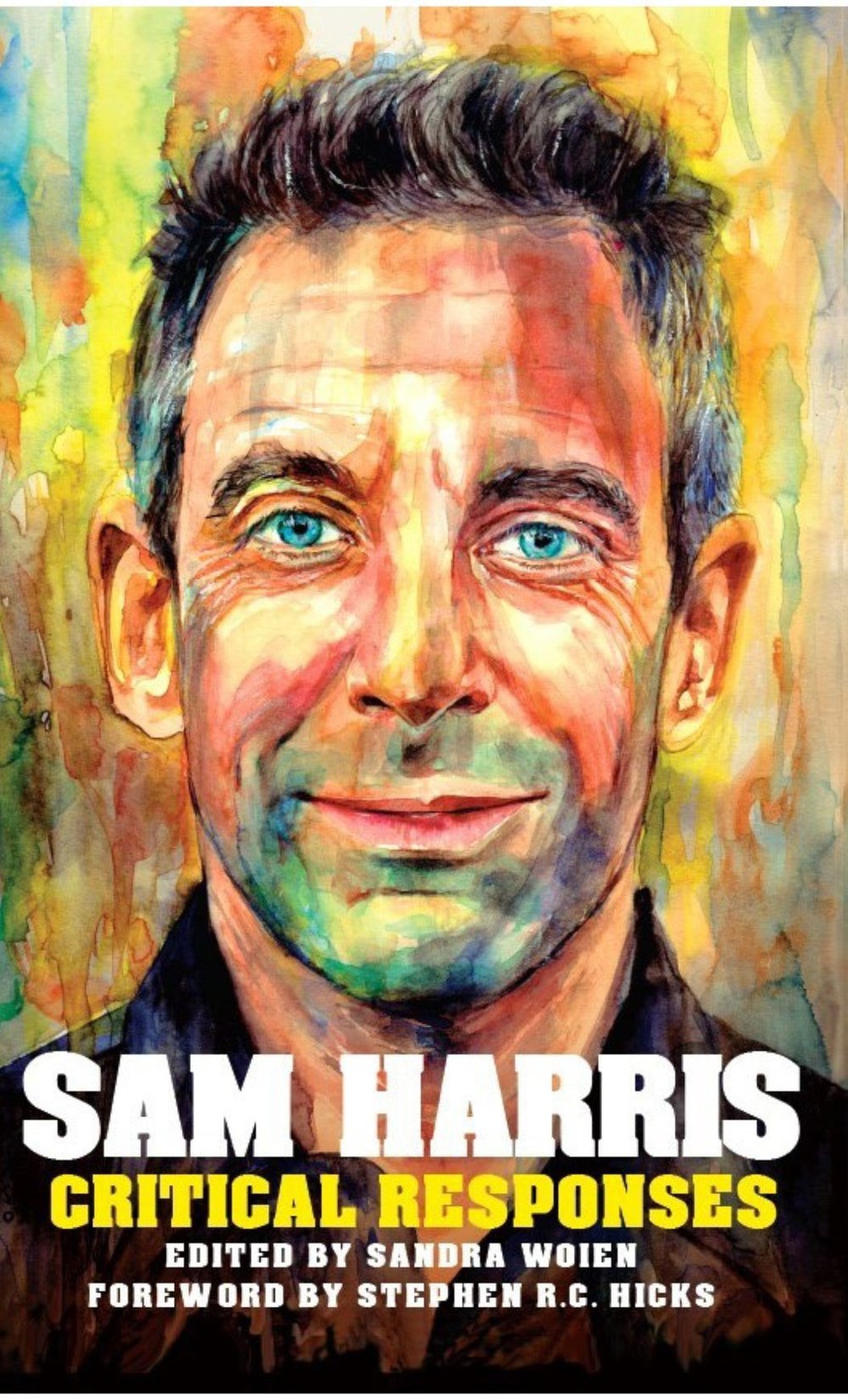Jordan Peterson: Critical Responses

The Canadian psychology professor Jordan Peterson burst into public awareness when he opposed the compulsory use of newfangled gender-pronouns. He has since published two best-selling books, 12 Rules for Life: An Antidote to Chaos (2018) and Beyond Order: 12 More Rules for Life (2021), and has become the leading public intellectual on social media.
Although Peterson has an almost cult-like following, and arouses strong passions, both for and against, there has been very little focused, objective criticism of his provocative views on a wide variety of topics: the role of religion, the alleged need for more value and meaning in the modern world, the way young people should conduct their lives, the history of Marxism and postmodernism, male-female relations; the interpretation of Bible stories, the inevitability of hierarchy and inequality, and the application of Jungian archetypes.
Jordan Peterson: Critical Responsesbrings together new and searching criticisms of various specific aspects of Peterson’s ideas. Though on balance decidedly critical, the authors represent a range of different backgrounds and philosophical assumptions, and the criticisms are fair and temperate, eschewing the personal attacks which have marred many of the pronouncements of Peterson’s opponents.

Sandra Woien is a Senior Lecturer in the School of Historical, Philosophical, and Religious Studies at Arizona State University. She received her doctorate in philosophy from Arizona State University along with a graduate certificate in Bioethics, Policy and Law that involved completing an internship at the Mayo Clinic in Scottsdale. In addition to her internship in clinical ethics at the Mayo Clinic, she has also served on the Institutional Review Board at ASU and consulted with the Arizona Bioethics Network on developing educational materials for medical providers and patients. Prior to joining the ASU faculty, she was an assistant professor in Health Care Ethics at Regis University in Denver, Colorado. Her research interests primarily comprise theoretical concepts of well-being and their practical application on pivotal life decisions such as end-of-life issues. Her work has appeared in Reason Papers, The Conversation, American Journal of Bioethics, and BMC Medical Ethics.

